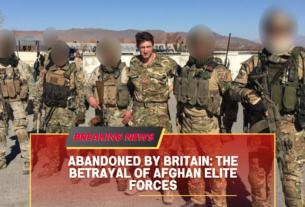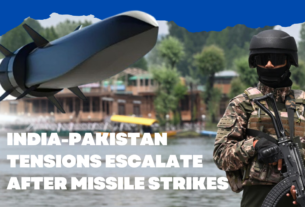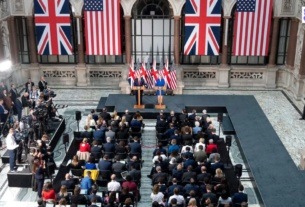U.S. President Donald Trump’s recent diplomatic efforts to mediate a ceasefire in the ongoing Ukraine conflict have encountered significant challenges. Despite a high-level meeting between Trump and Russian President Vladimir Putin, which resulted in an agreement to halt attacks on energy infrastructure, Ukrainian President Volodymyr Zelenskyy remains doubtful about Russia’s commitment to peace. Zelenskyy has expressed concerns that Russia’s demands, including territorial concessions and renunciation of NATO aspirations, are non-starters for Kyiv.
In response to the lack of substantial progress, European allies have intensified pressure on Russia by imposing new sanctions. These measures target nearly 200 vessels from Russia’s “shadow fleet” used to bypass oil sanctions, along with asset freezes and travel bans on Russian officials and companies. The United Kingdom has also added 100 similar sanctions, primarily aiming to disrupt Russia’s military supply chains.
The Trump administration’s approach has been met with criticism from both domestic and international quarters. Secretary of State Marco Rubio defended the administration’s foreign policies during a Senate Foreign Relations Committee hearing, highlighting efforts such as renewed nuclear talks with Iran and attempts to mediate the Russia-Ukraine conflict. However, Democratic senators have expressed concerns that the administration’s decisions, particularly the suspension of refugee admissions, may diminish U.S. influence and provide strategic advantages to rivals like China.
As the situation remains fluid, the international community continues to watch closely, hoping for a breakthrough that can bring an end to the devastating conflict in Ukraine.




